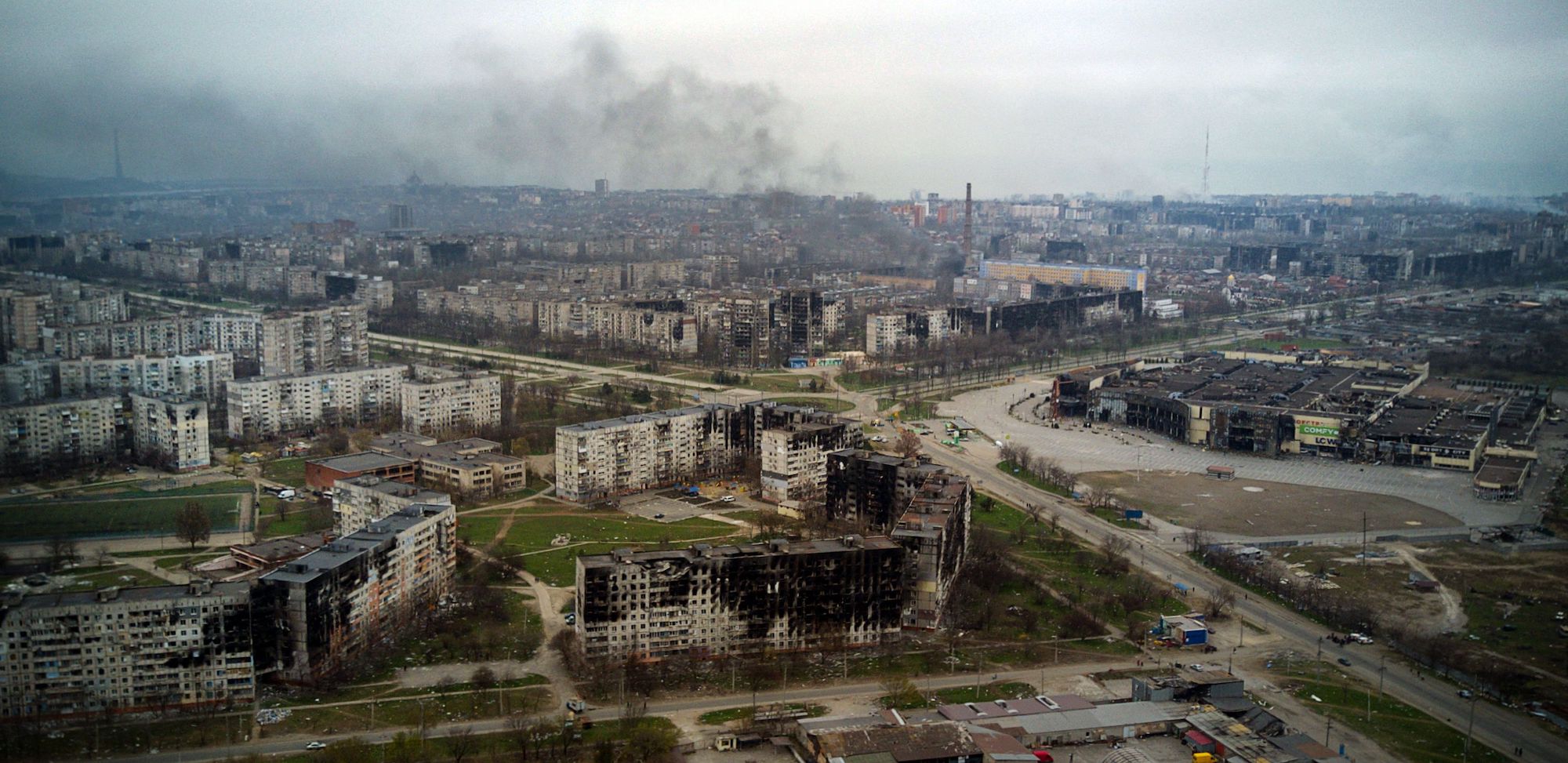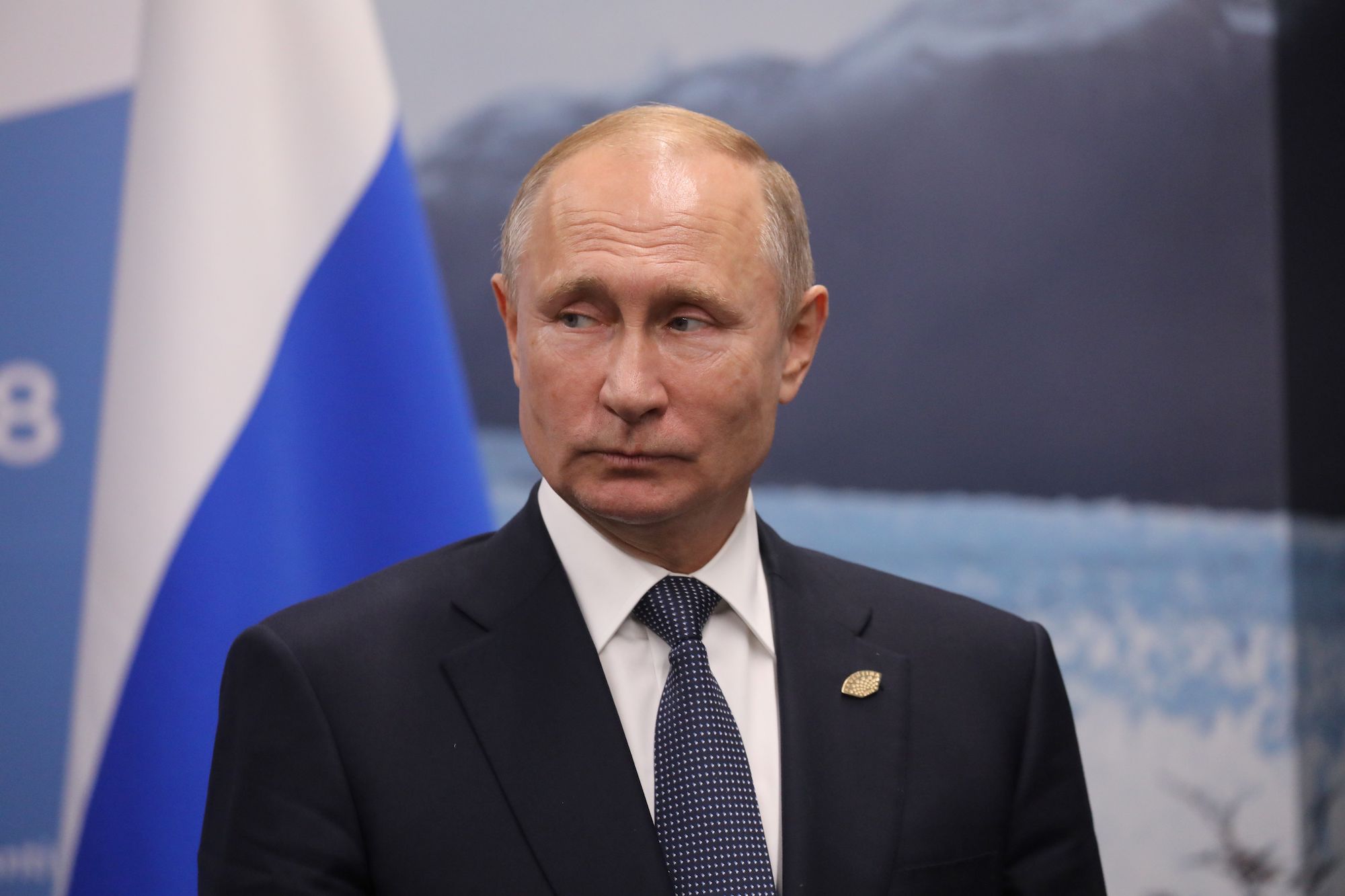
Mariupol, a port city on the Sea of Azov, is located in Ukraine’s Donetsk Oblast and has been under direct Russian control since May 2022.
Russian attacks on Mariupol began on February 24, 2022 – the first day of the invasion. The city was subjected to some of the war’s worst atrocities.
In March, an airstrike ripped through a maternity and children’s hospital in the city. Russian officials claimed the hospital was a justifiable military target, based on their unproven assertion that Ukrainian military targets were on site and that all patients and medical staff had left.
But footage circulating on social media showed expectant mothers being escorted out of a ruined building amid charred cars and debris.
Among the injured was a pregnant woman who was photographed being carried out on a stretcher. Neither she nor her baby could be saved, a surgeon who treated her later confirmed. The photo caused shockwaves around the world.
Also in March, Russia bombed a theater where hundreds of people had taken shelter in Mariupol. The word “children” was spelled out on two sides of the theater before it was bombed.
Of the 450,000 people who lived in the city before the war, a third had already left by mid-April, according to Mariupol Mayor Vadym Boychenko.
Some of those who stayed took refuge in the Azovstal steel plants. To Ukrainians, Azovstal became a potent symbol of resistance, sheltering about 2,600 soldiers and civilians while the fortress-like facility was pummeled by Russian bombardment for weeks.
To Moscow, the vast site was a frustration, the last stubborn holdout in a city that its forces had otherwise taken control over weeks earlier.
"Block off the industrial site, so that not even a fly can escape," Putin said, his command broadcast on state-run television.
Yuriy Ryzhenkov, CEO of Metinvest Holding, which owns the plant, told CNN why Putin wanted to take Azovstal so badly.
“I don’t think it’s the plant that he wants. I think it’s about the symbolism that they wanted to conquer Mariupol. They never expected Mariupol to resist,” Ryzhenkov said.
Azovstal finally fell late in May, after an evacuation operation managed to rescue hundreds of Ukrainians from the plant.



